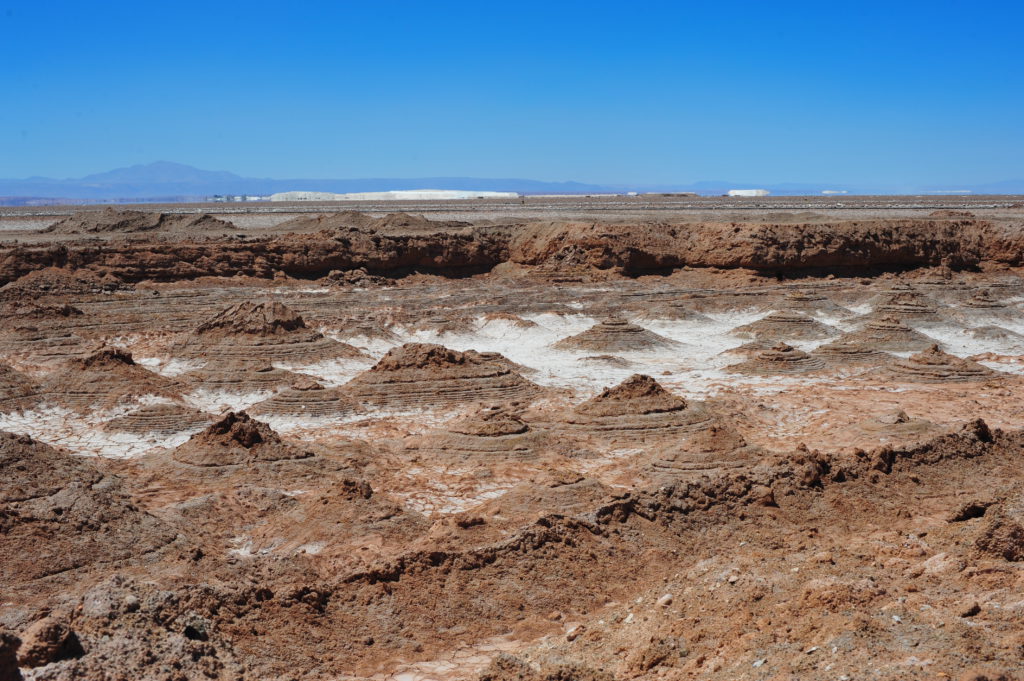Labour woes spread from copper to lithium in Chile

Chile’s labour woes are spreading from copper to lithium, as members of a union at one of Albemarle Corp.’s sprawling brine-processing operations walked off the job.
The 135 members of the Salar union began a strike Wednesday after failing to reach a wage agreement in collective bargaining with management.
In a statement, union leaders accuse the company of anti-union practices and said they are pushing for improvements in working conditions and wage equality. The company said it regrets the union’s decision and remains confident of reaching a deal as it has without disputes with three other unions.
Albemarle has contingencies in place to continue operating, although much would depend on how long the strike lasts. The U.S.-based company is the world’s biggest producer of lithium and Chile is the No. 2 exporter.
The lithium labor stoppage comes at a time of tightening global supplies of the metal used in rechargeable batteries, and adds to strike risks in Chile’s giant copper industry where three mines are facing disruptions.

The windfall enjoyed by metal producers is emboldening workers, with host nations also looking at ratcheting up taxes to help resolve inequalities exacerbated by the pandemic. In Chile, that’s all playing out as the nation drafts a new constitution that may lead to tougher rules on water, glaciers, mineral and community rights, with presidential elections in November.
At the same time, companies are striving to keep labor costs in check in a cyclical business and as input prices start to rise.
Albemarle has two production sites in northern Chile: the Salar plant in the Atacama desert and La Negra near the city of Antofagasta. A total of 546 people work in the two sites, according to the company’s website.
(By James Attwood, with assistance from Yvonne Yue Li)
{{ commodity.name }}
{{ post.title }}
{{ post.date }}




Comments